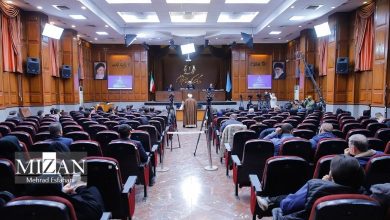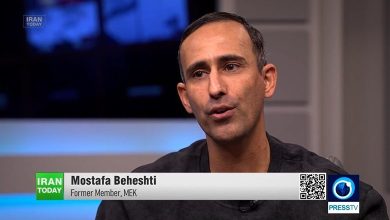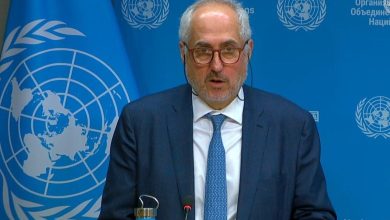Prosecutor General of the International Criminal Court: I will not back down from issuing the arrest warrant for Netanyahu and Gallant
Association for Defending Victims of Terrorism - Karim Khan, the Prosecutor General of the International Criminal Court, announced that the heads of some countries pressured him not to issue arrest warrants for Netanyahu and Gallant.

According to the IRIB news agency, citing the website of the Palestinian Information Center, the Prosecutor General of the International Criminal Court is under pressure from the heads of some countries in order to dissuade him from issuing the arrest warrant for Prime Minister Benjamin Netanyahu and War Minister Yoav Galant. The Zionist regime revealed and emphasized that after learning about the evidence and proofs of issuing arrest warrants for Netanyahu and Gallant, it considers their arrest necessary to prevent the continuation of the crimes mentioned in the Treaty of Rome.
While the concerns of Zionist circles have increased regarding the issuance of arrest warrants by the International Criminal Court against Netanyahu and Gallant on the charge of committing war crimes, which will take place in the next few weeks, “Karim Khan”, the Prosecutor General of the International Criminal Court. He announced that the heads of some countries pressured him not to issue arrest warrants for Netanyahu and Gallant.
In this regard, Karim Khan asked the First Branch of the International Criminal Court to issue the requested arrest warrants against Netanyahu and Gallant “as soon as possible”; Because these arrest warrants are necessary because of the “unceasing crimes” mentioned in the initial petition, and “the situation in Palestine is dire.”





